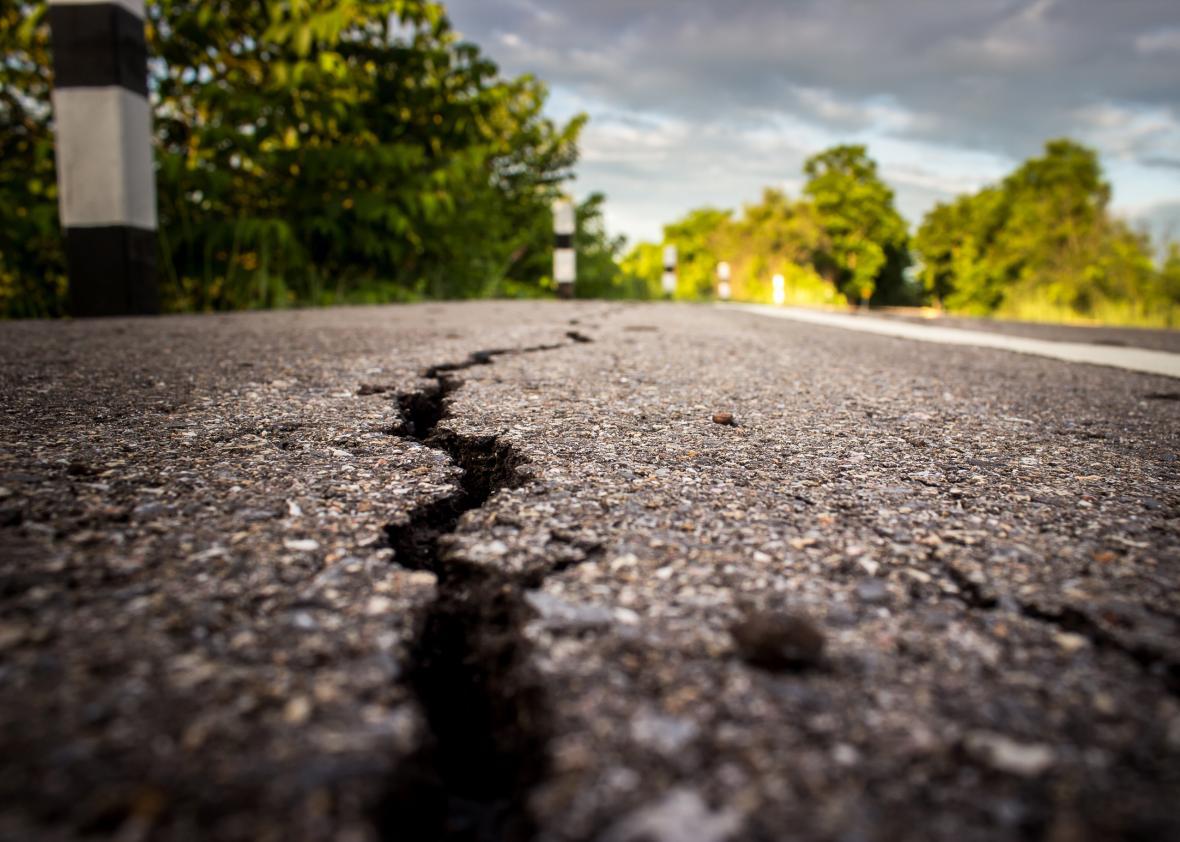Watching senators question secretary of transportation nominee Elaine Chao on Wednesday made me think of one of my own bad habits as a journalist: the tendency to ask a question so overloaded with preambles that your interviewee can only respond, “Yes, that’s right.”
Chao, who has been down this road before, revealed virtually nothing about where she or her new boss stand on crucial transportation issues, such as whether the Trump administration will push for a huge influx of public money into expanding and repairing transportation infrastructure. Or even a firm stances on autonomous vehicles, drone regulation, TIGER grants, commuter rail, pedestrian safety, positive train control, or air traffic controllers, to name a few of the issues she punted on during the hearing.
The one consistent message from Chao was that the new administration would strive to encourage private investment in infrastructure—a central plank of the Trump infrastructure plan, to the extent such a thing exists.
No one seemed to care. Chao was a shoo-in, and nearly every senator who questioned her took a moment to praise her, her family, or make a little joke about her husband, Supreme Court obstructionist Mitch McConnell. The Senate majority leader introduced her with a quote that Bob Dole had used when his own wife, Elizabeth, was undergoing a confirmation hearing for DOT secretary: “I feel a bit like Nathan Hale,” he said. “I regret that I have but one wife to give for my country’s infrastructure.” In short, the whole thing—especially compared with the counterprogramming, the Trump press conference—was proof of the Senate’s enraging gentility. Oklahoma Sen. Jim Inhofe chimed in to say he had never seen a nominee “that people loved more than you.”
Anyway, the takeaway from all this was that—as in any poorly run interview—we learned very little about what Chao thinks about American transportation infrastructure, but a lot about the hopes and fears of a dozen U.S. senators. And some of those fears, especially, were pretty revealing.
One question that caught my attention came from West Virginia GOP Sen. Shelley Moore Capito, who asked about how public-private partnerships might work in her largely poor and sparsely populated state. “As a person who represents an almost all-rural state,” the senator asked, “I’m concerned about how we’re going to be able to incentivize the private dollars to go to the less populated, less economically developed areas of our country?”
Chao waffled a bit on her response, but the gist of it was: “It’s a huge issue that demands the best thinking of all of us.”
Quite. Infrastructure for profit is going to pan out better in some places—big cities, places with money—than others. (Though public-private partnerships also favor new projects over maintenance, which complicates the picture a little, and toll roads over transit.) While Democrats have typically favored large federal investments in public works, the people who benefit most from such programs are often rural Americans who depend on government largesse.
The rural-versus-urban theme shined through at other moments: in Sen. Ted Cruz’s request that the apportionment formula be adjusted to benefit fast-growing Texas, or in Sen. Cory Booker’s (exaggerated) claim that the Hudson River Tunnels carried the entire population of South Dakota between New York and New Jersey every day. (Actually, it’s about one-fifth the state’s population, but you get the idea.) On the flip side, Alaska Sen. Dan Sullivan complained about how few roads his state had—fewer miles than Texas and even Connecticut—despite its size. The reason, of course, is that Alaska has barely one person per square mile, making it about six times less dense than Wyoming.
Which all goes to an important point: the Trump-Chao plan to draw private dollars into infrastructure investment is not likely to bring more roads to Alaska, South Dakota, or West Virginia.
In November, my colleague Jordan Weissmann anticipated this issue with Trump’s plan.* “Its core proposal—using tax credits to subsidize public-private partnerships of some sort—might not be very appealing to the rural and small-state politicians who help form the backbone of the GOP,” he wrote. “After all, infrastructure investors generally tend to be interested in big, new, and profitable projects in major population centers. … Private financing makes a whole lot less sense for fixing dilapidated highways in farm country, since that’s not going to earn anybody much of a return.”
Lo, it has come to pass.
Committee Chairman John Thune, the GOP senator from South Dakota, hinted at this in closing. “The urban-rural thing is my version of bipartisanship,” he said. Keep that in mind when infrastructure spending comes up in the Senate: The divisions over how to pay for projects may wind up being more geographic than political.
*Correction, Jan. 12, 2017: This post originally misstated when a blog post by Jordan Weissmann was published. It was in November, not December.
